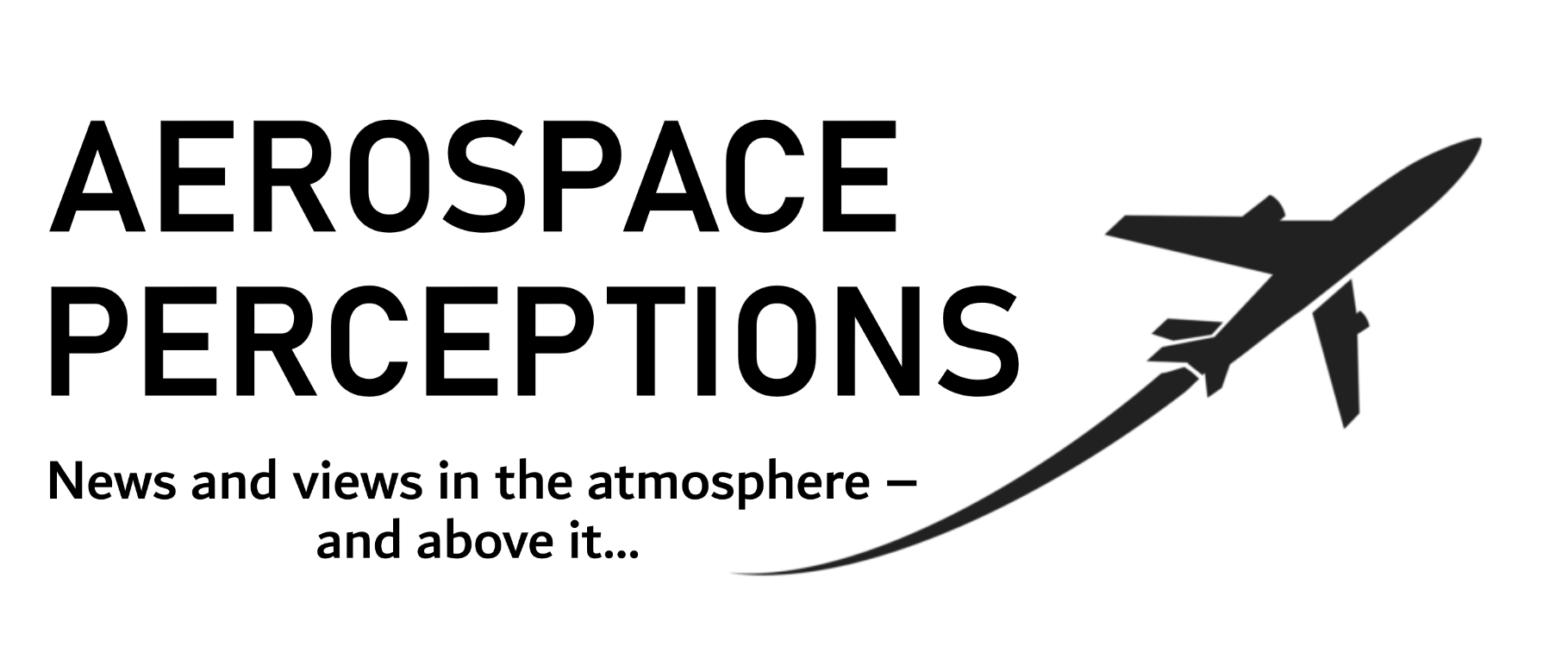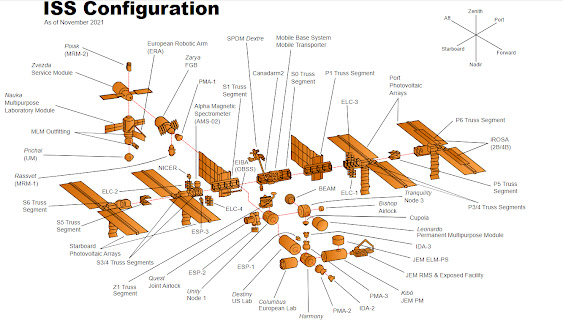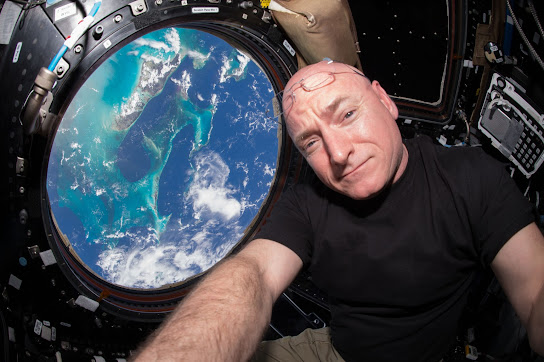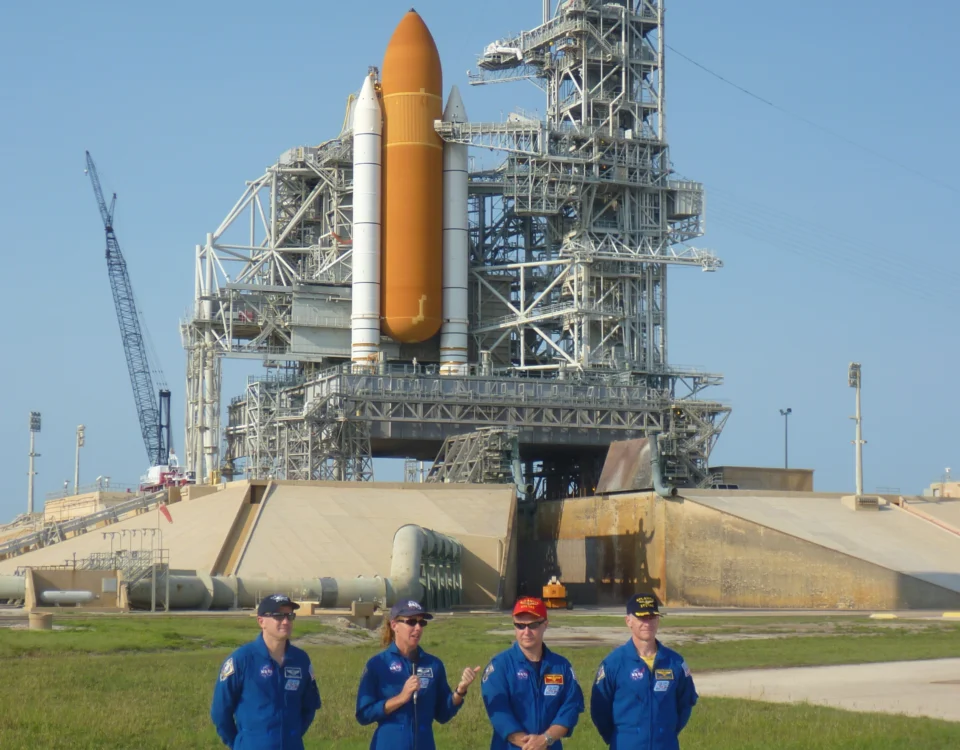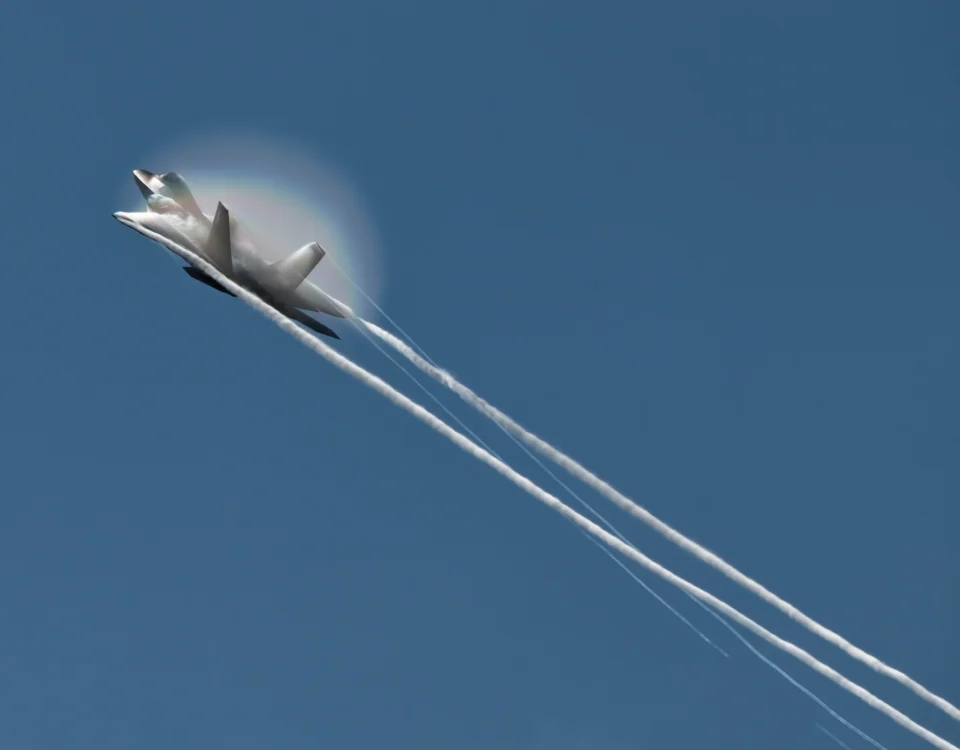Although the International Space Station (ISS) is just that – international in focus and components in orbit – by far the two biggest players to cement the success of this outpost in space are the United States and Russia.
In the wake of the final Space Shuttle mission – STS-135 in the
summer of 2011 – United States manned missions to the ISS entered into a
multi-year gap of dependency on Russian transport. On the surface it was a
business arrangement, with the US reimbursing Russia for costs of carrying US
astronauts to orbit. But the arrangement always depended on stability between
the two superpowers, and minor events on Earth weren’t allowed to interfere
with the ISS operations.
The configuration of the International Space Station. The Russians have threatened to take their pieces and go home.
Now, however, there is a major event, and the seismic implications
of Russia’s brutal invasion of Ukraine have reverberated into the ISS orbit –
just weeks after operation authorization of the ISS was extended to 2030. Now,
the station’s future is in immediate doubt, let alone pondering eight years in
the future.
Reflecting the belligerent attitude of Russia’s authoritarian
leader Vladimir Putin, the head of the Russian space agency Roscosmos – Dmitry
Rogozin – stated, “In this
situation, we can no longer supply the U.S. with our rocket engines that are
the best in the world. Let them fly on something else, like their brooms, or
whatever.” This followed up on Rogozin remarks during the 2014 Russian
invasion of Crimea when he suggested the US resort to the use of trampolines to
reach orbit.
Scott Kelly during his year-long service aboard the ISS. When he returned, medical studies comparing Scotto to his twin brother Mark were conducted, seeking to understand the impact of long-term life in space.
Scott Kelly had heard enough. Kelly and his twin brother Mark made
a lasting impact on NASA, the siblings aboard space shuttle flights as both
pilots and commanders as well as logging time stationed at the ISS – Scott spending
a year straight in orbit beginning seven years ago this month. As one does in
2022, Scott took to Twitter to counter the remarks of Rogozin, and the result was
a spiteful feud between the two high-profile players in the realm of aerospace.
Just yesterday, on March 10, Rogozin threatened to break an agreement to land
US astronaut Mark Vande Hei – himself approaching a full year in space aboard
the ISS – along with two Russian cosmonauts next month. Effectively, Vande Hei
would be left stranded on the ISS until the US could figure out the logistics to
bring him home.
The backstory of the verbal conflict – one that points out
how fragile the orbit of the ISS actually is when competing powers are supposed
to act as partners – is detailed in this recent CBS News report:
https://www.cbsnews.com/news/russia-ukraine-scott-kelly-dmitry-rogozin/

